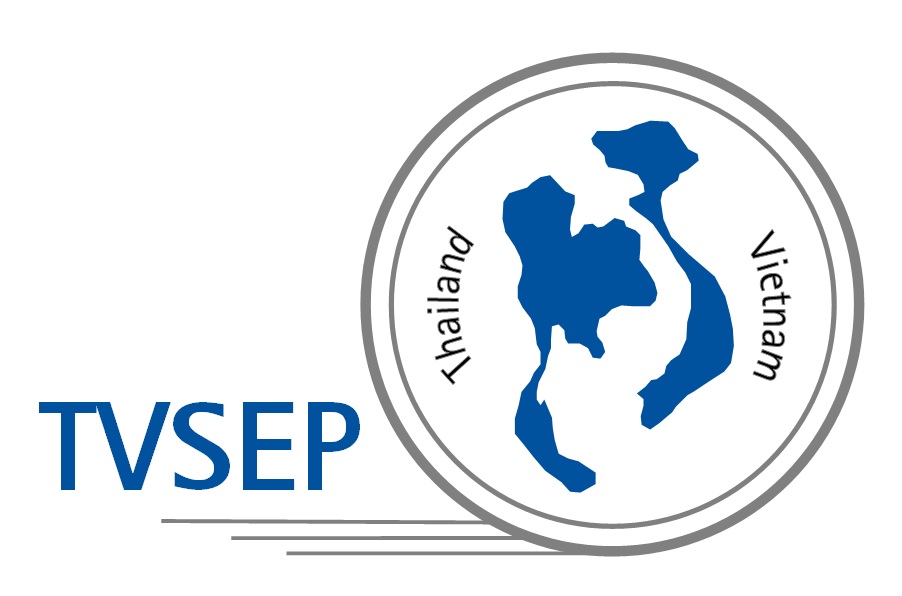The research project “Poverty Dynamics and Sustainable Development: A Long-Term Panel Project in Thailand and Vietnam, 2015–2024”, in short the Thailand Vietnam Socio-Economic Panel or simply TVSEP, is a long-term project that conducts primary surveys in cooperation with research partners in Thailand and Vietnam. The TVSEP project continues the work of the DFG Research Unit (FOR 756) “Impact of Shocks on the Vulnerability to Poverty: Consequences for Development of Emerging Southeast Asian Economies” since 2016.
Socioeconomic data from 4,400 households in 440 villages were collected over time in three provinces of Thailand (Nakhon Phanom, Ubon Ratchathani, Buriram) and three provinces of Vietnam (Ha Tinh, Thua Thien Hue, Dak Lak). The selection of these provinces was based on the following criteria: (i) low average per capita income, (ii) high dependence on agriculture, (iii) remoteness and peripheral location along the country’s borders (either with Laos or Cambodia), (iv) underdeveloped infrastructure and (v) vulnerability to adverse weather shocks (floods, storms, droughts). Due to an applied stratified random sampling procedure, the samples are representative for the rural areas in Thailand and Vietnam (Hardeweg et al., 2013).
The first survey took place in 2007, followed by further surveys of the same households in 2008, 2010, 2011 (in one province per country), 2013, 2016, 2017, 2019 (only in Thailand), 2022 (in Vietnam only in 2 provinces) and in 2024. In addition to the household surveys, interviews with village heads and migrants were also conducted in both countries, a special COVID-19 survey in Thailand in 2021/22, and eight add-on projects that provide deeper insight into selected topics such as risk and time preferences, data quality, or consumer behavior.
Under details of the project you find information about the timeline of the TVSEP project, the objectives and the study sites.
Under team, the composition of the new TVSEP team with the individual responsibilities and functions is presented.
Outreach refers to national and international conferences and workshops where TVSEP research has been presented. In addition, awards received from TVSEP users are highlighted.




